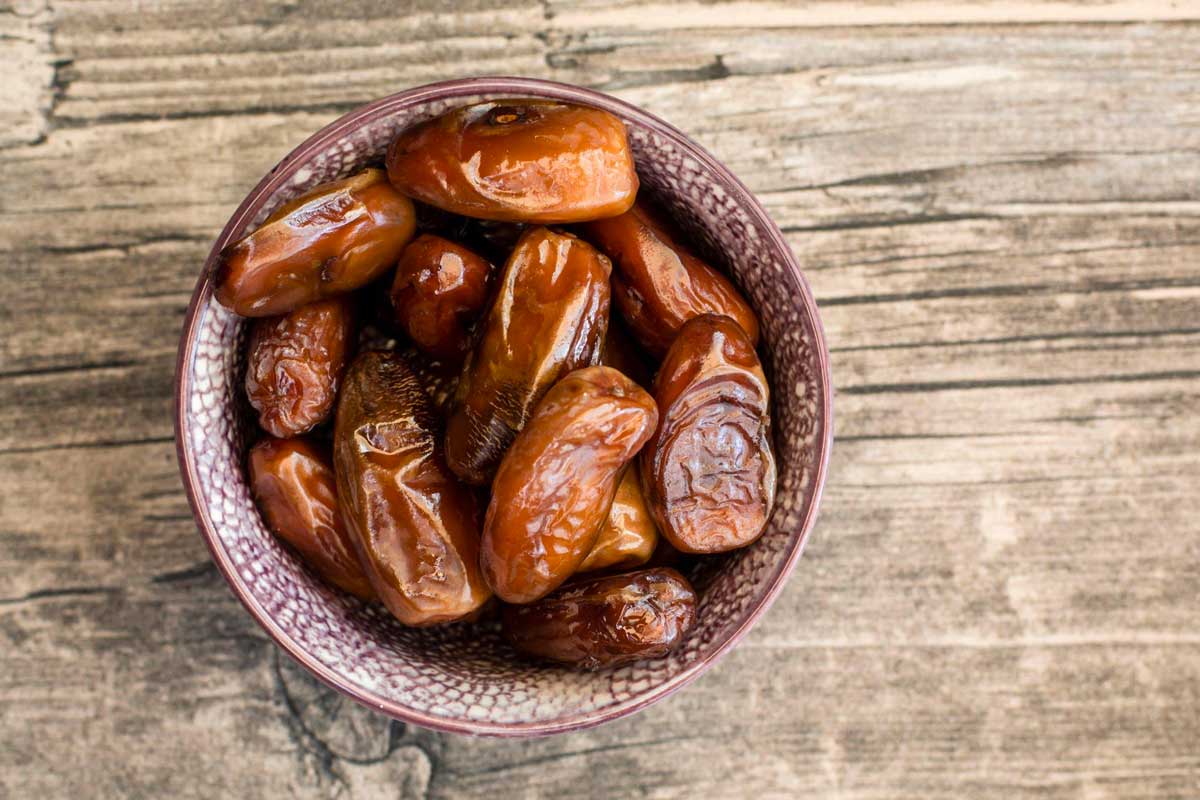
The history of dates
Dates have a long and rich history that spans thousands of years. Here is an overview of the history of dates:
- Ancient Origins: The date palm tree, known as Phoenix dactylifera, is believed to have originated in the region of present-day Iraq and the Arabian Peninsula. It is one of the oldest cultivated trees in the world, with evidence of its cultivation dating back to around 6,000 BCE.
- Mesopotamian Civilization: Dates played a significant role in the diet and culture of ancient Mesopotamia (modern-day Iraq and parts of Syria, Turkey, and Iran). The Babylonians and Sumerians cultivated date palms and considered dates to be a symbol of fertility and abundance. They used dates not only as a food source but also for making wine, vinegar, and medicinal remedies.
- Ancient Egypt: Dates were highly valued in ancient Egypt, where they were not only a staple food but also held religious and symbolic significance. The ancient Egyptians used dates as a sweetener, and they often included them in their meals and desserts. Date palms were grown along the Nile River, and the fruit was considered a symbol of prosperity and vitality.
- Islamic Civilization: Dates hold special significance in Islamic culture and are mentioned in the Quran, the holy book of Islam. Prophet Muhammad is said to have praised the nutritional and medicinal benefits of dates. They are often consumed during the holy month of Ramadan as part of the iftar meal to break the day-long fast.
- Spread to Mediterranean and Beyond: Dates were introduced to the Mediterranean region by the Phoenicians and later spread to other parts of Europe, including Spain. The Moors played a crucial role in cultivating date palms in Spain and introduced new varieties of dates to the region.
- Global Cultivation: Over time, date palms were cultivated in various parts of the world with suitable climates, including North Africa, the Middle East, parts of Asia, and the Americas. Today, major date-producing countries include Saudi Arabia, Iran, Egypt, Algeria, Iraq, and the United States.
- Culinary Uses and Health Benefits: Dates have remained a popular food throughout history due to their natural sweetness, nutritional value, and versatility. They are consumed fresh, dried, or used in various culinary preparations, including desserts, baked goods, and savory dishes. Dates are a good source of dietary fiber, potassium, antioxidants, and other essential nutrients.
Throughout history, dates have played a significant role in the diets, economies, and cultural practices of many civilizations. They continue to be cherished for their unique taste, nutritional benefits, and cultural significance in various parts of the world.

